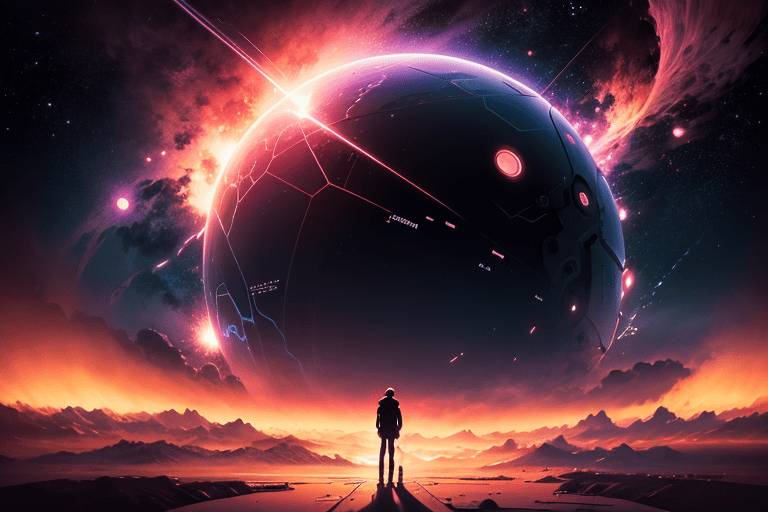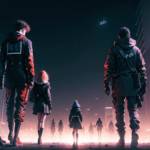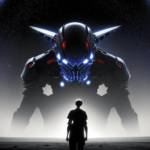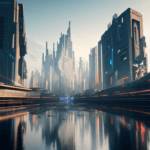Neon Genesis Evangelion and the Nature of Human Existence
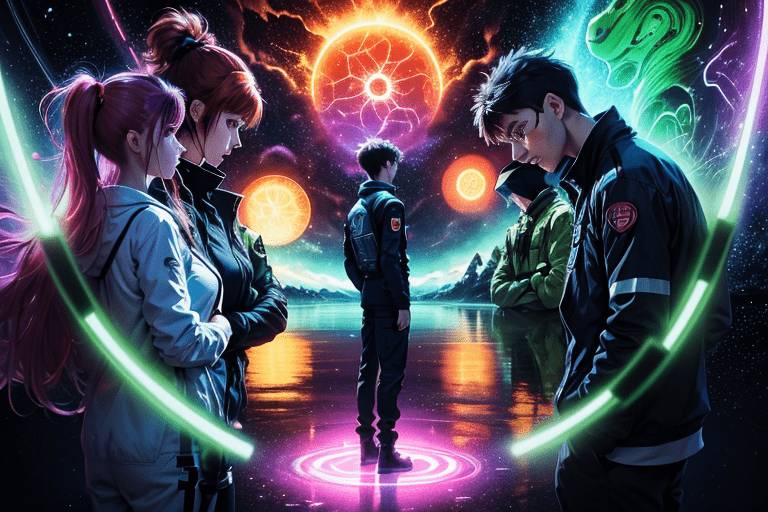
Neon Genesis Evangelion is a Japanese animated television series that premiered in 1995. Created by Hideaki Anno, the series is a mecha anime that explores the nature of human existence through its characters and their struggles. The show follows the story of a young boy named Shinji Ikari, who is recruited by his father to pilot a giant bio-machine called an “EVA” to fight mysterious beings called “Angels.” As the series progresses, the story becomes more complex and philosophical, delving into issues of identity, consciousness, and the human psyche.
At its core, Neon Genesis Evangelion is a series about the human condition. The show explores the concept of identity and the question of what it means to be human. Through its characters, the show examines the complexity of the human psyche and the various factors that shape our sense of self.
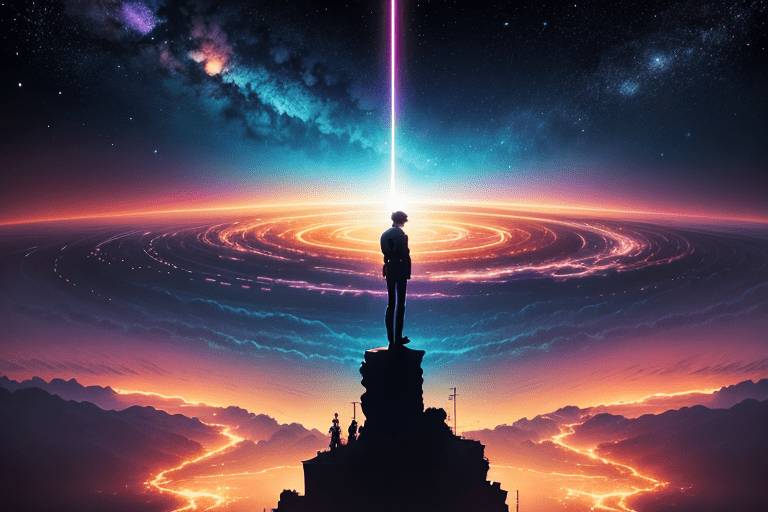
One of the central themes of the series is the struggle for self-acceptance. Many of the characters in the show, including Shinji, struggle with feelings of inadequacy and a sense of not belonging. They are all searching for a sense of purpose and meaning in their lives. This struggle for self-acceptance is reflected in the series’ overarching narrative, which focuses on the fight to save humanity from destruction.
The series also explores the nature of consciousness and the idea of a collective unconscious. In the show, the EVA units are powered by the souls of human beings, which are fused with the machines to create a powerful weapon. This concept of merging human consciousness with technology raises questions about the relationship between humanity and the machines we create. The show suggests that technology and human consciousness are intertwined, and that the two cannot be separated.
Another key theme of Neon Genesis Evangelion is the nature of reality. Throughout the series, the characters grapple with the idea that their reality may not be what it seems. The show challenges our perceptions of reality and raises questions about the nature of existence. It suggests that our perception of reality is shaped by our experiences, and that what we consider to be real may not be objective truth.
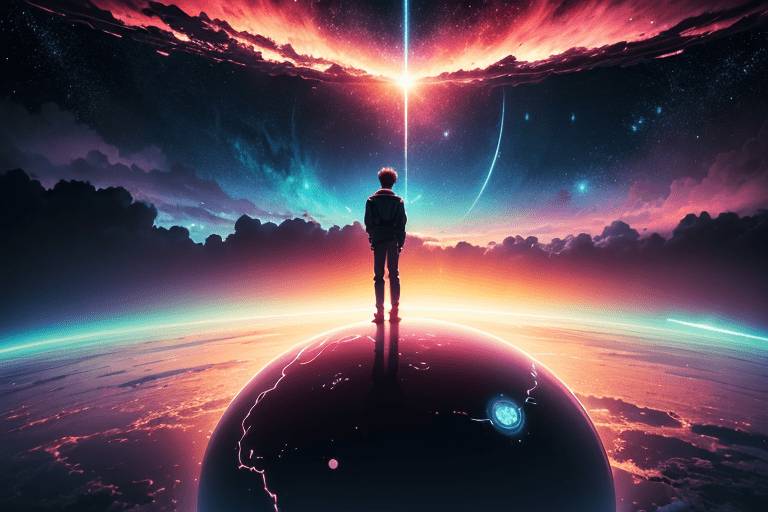
The series also explores the concept of the “other.” The Angels in the show are portrayed as alien beings that are fundamentally different from humans. This dichotomy between the self and the other is a recurring theme throughout the series. The show suggests that our fear of the other is rooted in our fear of the unknown, and that the only way to overcome this fear is through empathy and understanding.
Neon Genesis Evangelion is a complex and philosophical exploration of the human condition. Through its characters and narrative, the show challenges our perceptions of reality, explores the nature of consciousness, and examines the struggle for self-acceptance. It raises questions about the relationship between humanity and technology, and suggests that the key to understanding our place in the universe lies in our ability to empathize with the other. The show’s enduring popularity is a testament to its ability to resonate with audiences and its enduring relevance as a work of art.

